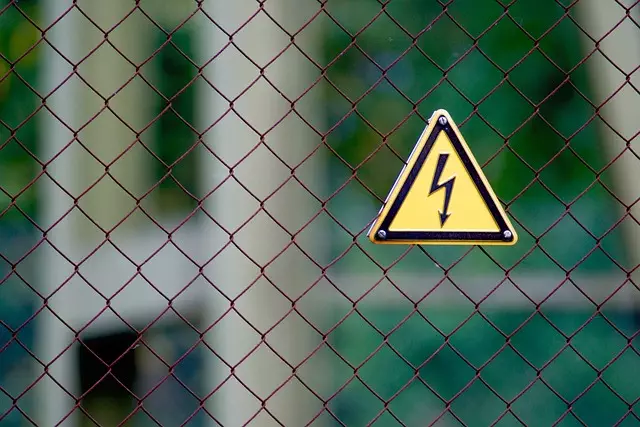Kratom, a natural herb with growing popularity in addiction treatment, has sparked interest—and debate—in West Virginia. “Is kratom legal in West Virginia?” is a question on many minds, especially among those seeking recovery. This article unravels the legal status of kratom in the state, explores its potential as an addiction treatment, and provides a balanced view on navigating recovery with kratom, including safety tips from healthcare professionals.
- Is Kratom Legal in West Virginia? Unraveling the Legal Status
- – Discuss the current legal status of kratom in West Virginia
- – Explain the laws and regulations surrounding kratom possession and use
Is Kratom Legal in West Virginia? Unraveling the Legal Status
– Discuss the current legal status of kratom in West Virginia
The legal status of kratom in West Virginia is a subject of ongoing debate and complexity. Currently, kratom is considered legal in the state with some restrictions. The West Virginia Code does not explicitly list kratom as a controlled substance, but it’s important to note that possession and distribution are regulated. While kratom is legal for personal use, selling or distributing it without proper licensing is prohibited. This regulatory framework allows for responsible access while also ensuring public safety. Those interested in using kratom for addiction treatment should familiarize themselves with local laws and consult healthcare professionals for guidance.
When considering kratom for addiction recovery, understanding the legal landscape is crucial. Is kratom legal in West Virginia? Yes, but with conditions. This balance aims to support those seeking alternative treatments while maintaining control over the substance’s distribution. As research continues into kratom’s efficacy for addiction treatment, ongoing discussions around its regulation will shape access and use within the state.
– Explain the laws and regulations surrounding kratom possession and use
The legal status of kratom varies significantly across different regions. In West Virginia, for instance, possession and use of kratom are subject to specific regulations. While some forms of kratom containing low levels of mitragynine (the primary psychoactive compound) may be legal as a herbal supplement, higher concentrations or any product marketed for their psychoactive effects are illegal. It’s crucial to consult local laws and regulations before considering kratom for addiction treatment or recovery in this state.
Understanding these legal nuances is essential when exploring kratom as an alternative therapy. Possessing or distributing kratom with intent other than personal use can lead to serious legal consequences, including fines and imprisonment. Therefore, folks interested in using kratom for recovery should stay informed about their region’s laws, ensuring they operate within the legal framework to avoid any pesky legal issues.
The legal status of kratom in West Virginia remains a subject of ongoing discussion. While its use for addiction treatment holds promise, understanding the current laws is crucial before considering it as an option. Is kratom legal in West Virginia? The answer lies in navigating the state’s regulations, which are designed to balance public safety with potential therapeutic benefits. As discussions continue, staying informed about these laws is essential for those exploring kratom as a recovery tool.






